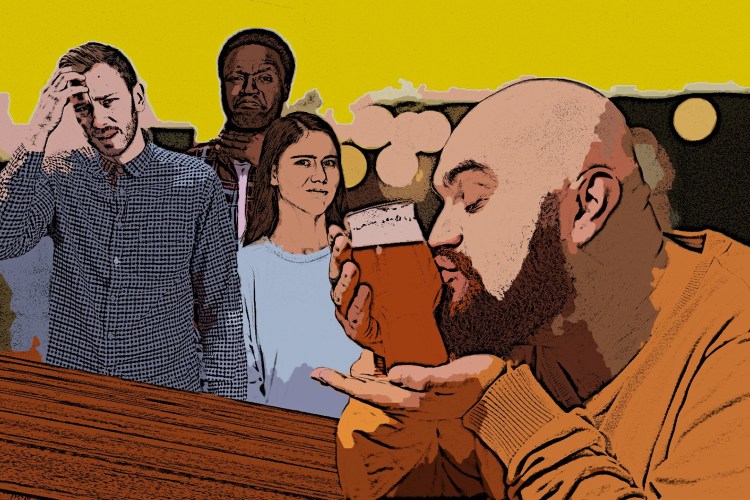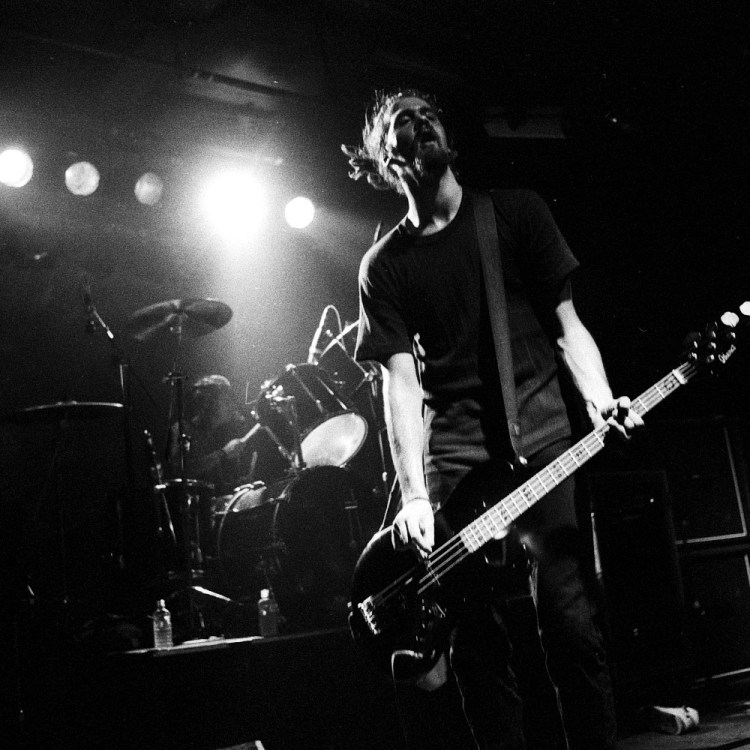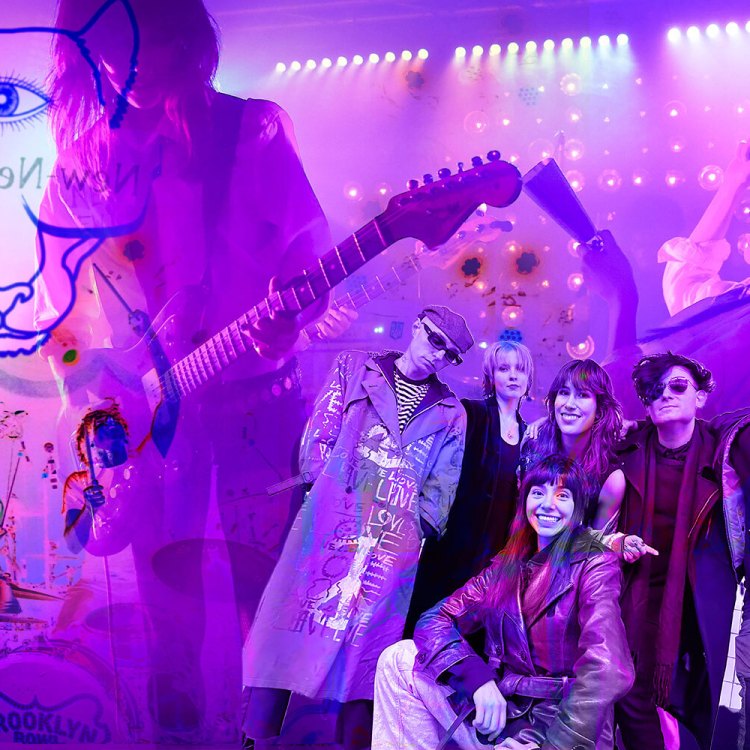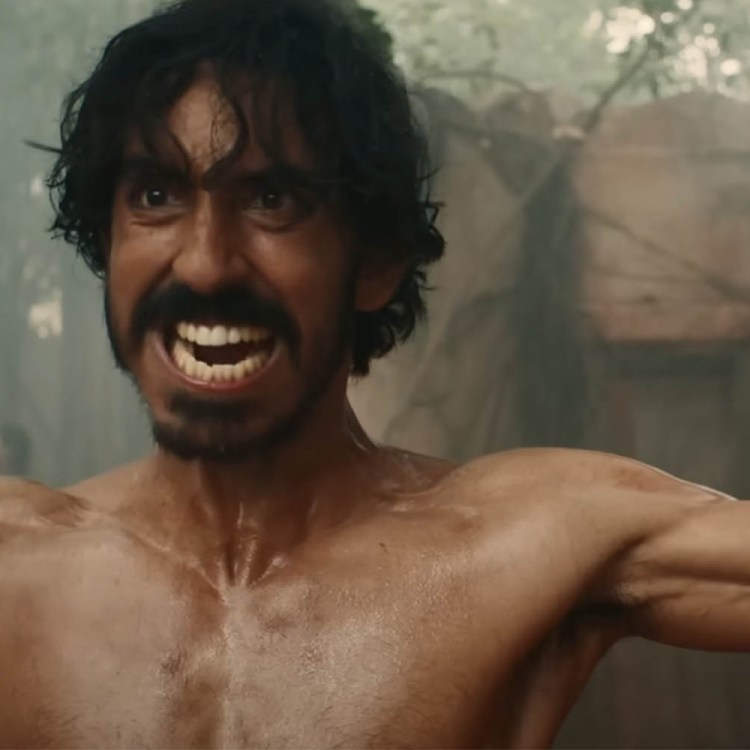Every time a groundbreaking band or artist finds mainstream success, a slew of copycats inevitably follows them. But they’re never as good. In fact, most of them are terrible. But what exactly makes them terrible compared to the interesting artists they’re copying is difficult to put into words. In his Future Days column at Noisey, Drew Millard tells us why.
Millard’s take on what, for example, made the Monkees inferior to the Beatles is artistic depth and curiosity. “If an artist’s frames of reference never go beyond surface-level touchstones,” he writes, “it’s hard to imagine them achieving any sort of innovation.”
In other words, merely aping things that are popular without giving anything of yourself into the artistic process produces hackneyed, banal art.
Nirvana is a more recent example of a band that opened the floodgates for Creed, Nickelback, and other middlebrow—and much maligned—late-’90s radio rock.
What ultimately turns us against this stuff, Millard says, is its obvious lack of authenticity. Bands who hope to dupe online algorithms or build careers off sounding similar to an already-popular band “might as well be making a lamp,” Millard says. “Both are nothing more than products meant to create a mood or augment the environment around them.”
This article was featured in the InsideHook newsletter. Sign up now.























